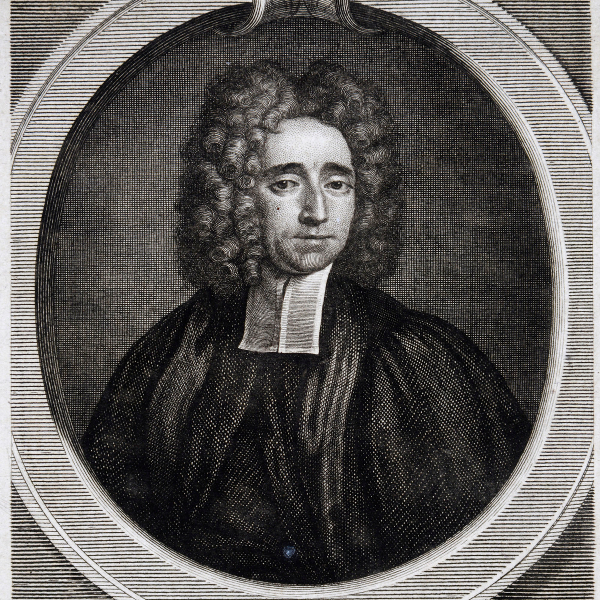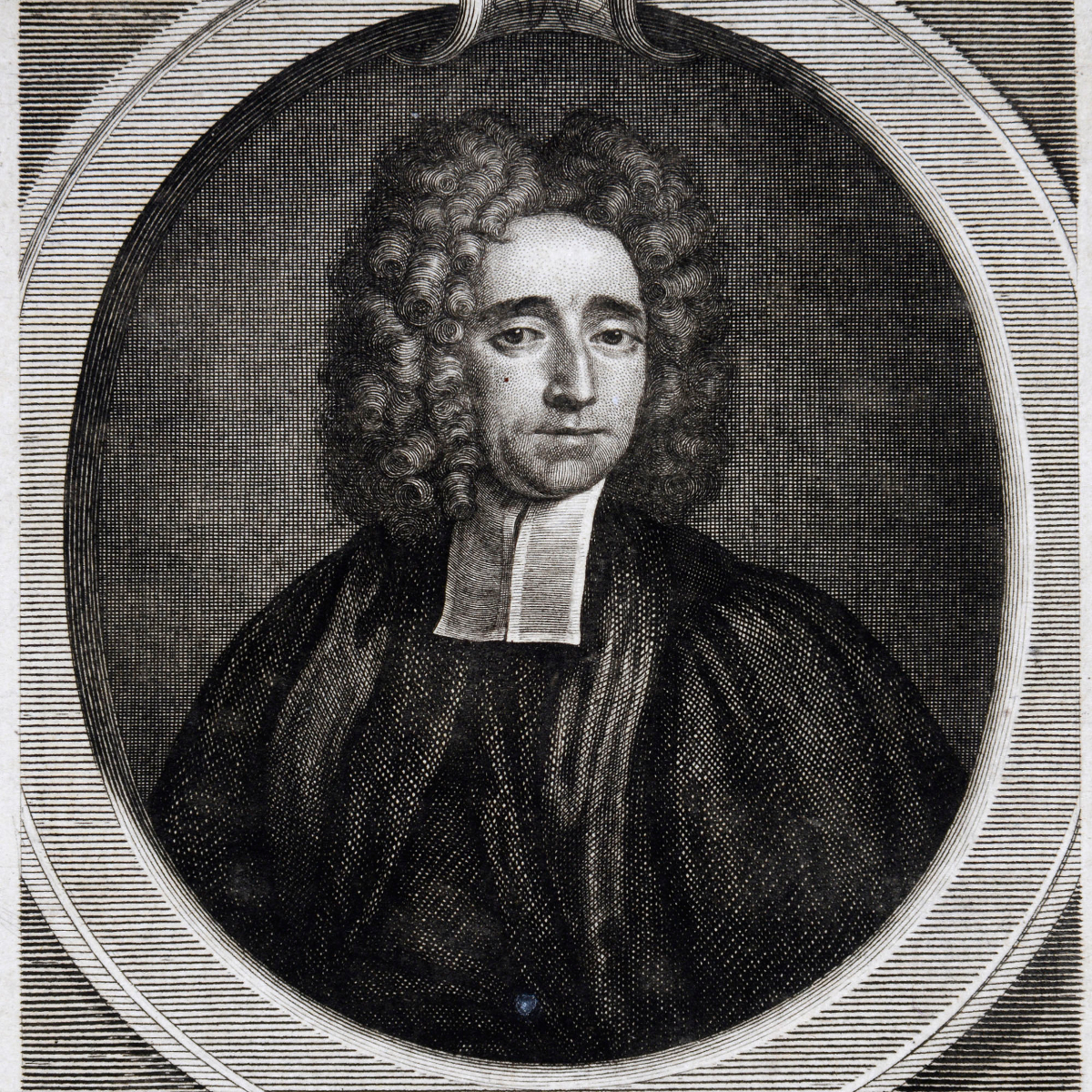During the Commonwealth period (1649-60), cathedrals were closed and their choirs were dissolved, but the singers continued to meet privately, often in pubs. The Restoration of the Monarchy under King Charles the Second, and the publication of the 1662 Book of Common Prayer brought about the revival of cathedral worship and choral singing, and it is likely that the origins of the Three Choirs Festival go back to this time.
In the years that followed, friendly meetings of the choirs of Hereford, Gloucester and Worcester Cathedrals began to take place, and by the early 1700s these Music Meetings were being held annually, at each cathedral in turn.
For Thomas Bisse, the beauty of music and its role in worship were close to his heart. He was a close friend of the composer William Croft. When he became Chancellor of Hereford in 1716, he was able to encourage the development of music and sung services at the Cathedral, and he preached enthusiastically about choral music at several of the Music Meetings.
He also had a genuine concern for the many poor married clergy and their families. He had preached at the anniversary meeting of the Sons of Clergy at St. Paul’s Cathedral in 1716, and this charity, established in 1655 for the relief of poor clergy, their widows and orphans, became the model for the Music Meetings of the Three Choirs.
In his sermon at the 1724 Gloucester meeting, Thomas proposed that “A collection be taken up at the Cathedral door after the morning service to assist the placing out (in apprenticeships), education and maintenance of the orphans of the poorer clergy belonging to the dioceses of Gloucester, Worcester and Hereford, or members of the three respective choirs.”
By establishing this charity, Bisse also overcame opposition from both Anglo-Catholic and Puritan clergy to holding concerts in the three cathedrals, and ensured the growth development of the Music Meetings, which became known as the Three Choirs Festival in 1838. The Festival is still a charity; the proceeds now go to charities decided by the Deans and Chapters of the three cathedrals.
Thomas Bisse died on April 22nd. 1731 at the age of 56. He is is buried at St. Lawrence Church, Weston-under-Penyard near Ross on Wye, where there is a memorial plaque to him in Latin. Translated it reads: “Here lies Thomas Bisse S.T.P. (Professor of Sacred Theology), distinguished by very many titles in the Church and Diocese of Hereford. There is no one more illustrious than he. He was not unlike his own brother, Philip, the Bishop of Hereford, for he was endowed with the same greatness of mind in the remarkable works which the most illustrious Bishop had left uncompleted. He employed a very great team and, in the manner of a Bishop decorated this Church together with the Rectory with elegant simplicity.
Earnest in promoting sacred music, he was devoted to making churches more beautiful and more proper for celebrating the divine offices, so that by these works his own honour might stand out. The eloquence which he showed in the pulpit was quite exceptional.”

